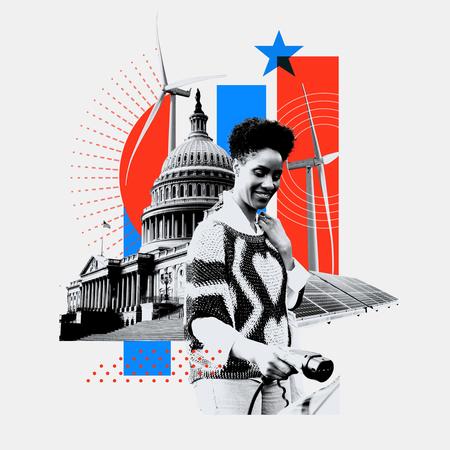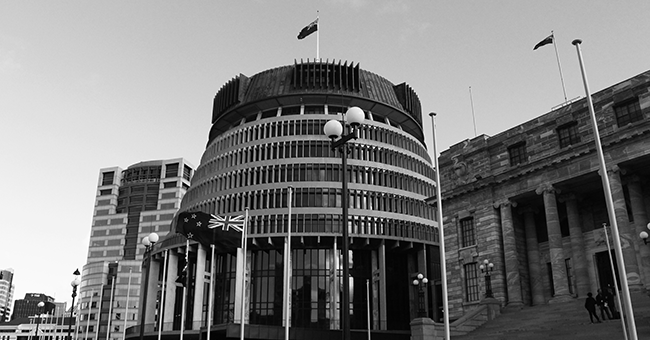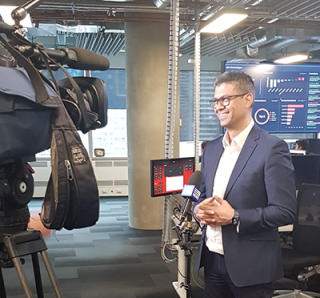Winning back people’s trust in a COVID-19 vaccine rollout requires better communication and community engagement, according to a QUT social marketing expert.
Professor Ross Gordon is a member of the World Health Organisation (WHO) Technical Advisory Group on Behavioural Insights and Sciences for Health and co-authored the ‘Behavioural considerations for acceptance and uptake of COVID-19 vaccines’.
“Vaccines must be easy to access, quick, and the process for booking and receiving vaccinations should be clearly communicated, smooth, and offer a good service experience,” said Professor Gordon from the QUT Faculty of Business and Law.
“Community adoption of COVID-19 vaccines also requires trust in those delivering information about the safety and benefits of vaccination.
“It is essential government comes up with a clear strategy, communicates clearly, openly and transparently with the public and key stakeholders (e.g. GPs, health authorities) and that they deliver on expectations to build trust in the vaccination process and encourage vaccine uptake.”
A slow start to the vaccine rollout in Australia, followed by news of adverse effects could reduce community uptake, according to Professor Gordon, who also said people without access to trusted sources of information—typically from government, health authorities and health care workers—might look to more questionable sources like social media.
“Governments and health departments need to alleviate people’s fears to win back trust,” Professor Gordon said.
“People want more information so that they feel empowered about making choices—how they’ll get the vaccine, when and where they will get it, what they will get, and the potential risks to them.
“The risk of blood clotting from the AstraZeneca vaccine is rare at around 1 in 250,000, but you can’t ignore it.
“Behaviour change communications that provide clear, easily understood, and trustworthy information about risks will allow people to feel informed when making decisions.
“We can’t afford inertia as any lack of clear communication could create confusion about risks, or about the vaccination process, which can demotivate people.”

Professor Gordon is a social marketing expert with a background in understanding behaviour change for health and social change for contentious community issues including those related to public health, energy, gambling, alcohol, tobacco control and workplace bullying.
He said social marketers, as a group of behavioural scientists, often helped engage communities during social change to ensure people were part of decision-making processes.
“Responses to past pandemics like Ebola showed community engagement, involvement and adapting public health strategy accordingly was critical to program success,” Professor Gordon said.
“Planning the vaccine strategy when the pandemic hit, at the same time as policy and public health responses would have been ideal.
‘”Scenario planning in case something goes wrong is also critical to addressing community hesitancy.
“The WHO has a group working on behavioural insights and sciences for health that has been focusing a lot on COVID-19, for example, so the information on how to influence behaviour change is available and ready to use. It just needs to be tapped into better.”
Professor Gordon said behaviour such as vaccination uptake was driven not only by individual factors like personality and motivations, but also by engaging communities, creating supportive cultures and social environments, and developing good infrastructure, which could help to deliver effectively on Australia’s vaccination program.
“The development of infrastructure such as storage, distribution, appointment booking systems, and mass vaccination centres can really help to get Australia vaccinated against COVID-19,” Professor Gordon said.
“If people don’t have access to the vaccine, can’t book an appointment, or reach immunisation centres, then they can’t get vaccinated – so I think mass vaccination hubs that are proving successful in countries like the US and UK, will be good for Australia too to supplement existing mechanisms offered through GPs and pharmacies.”








